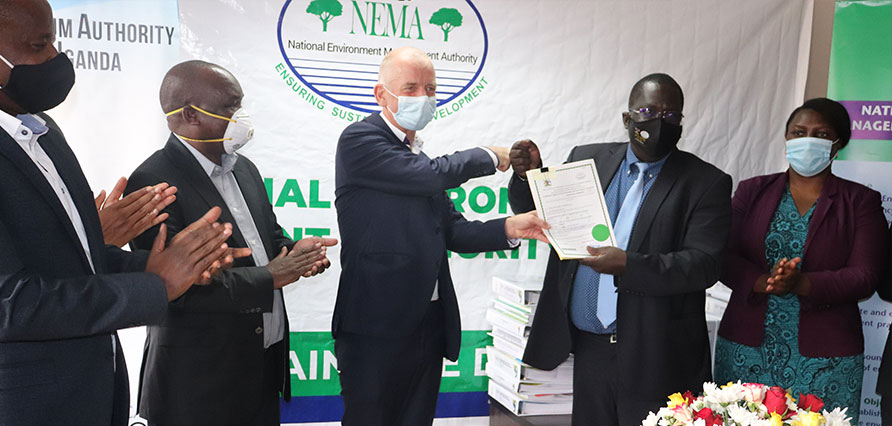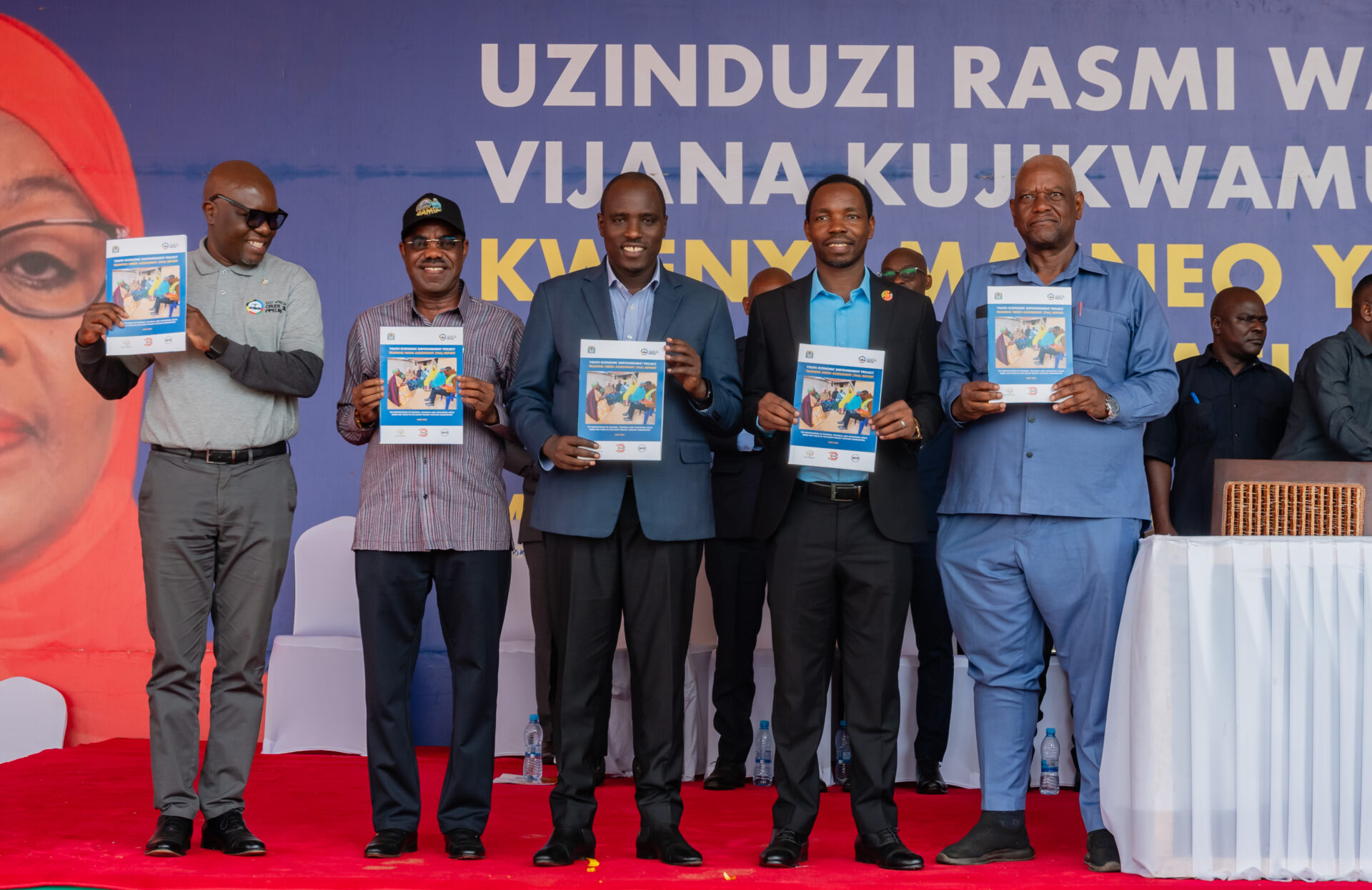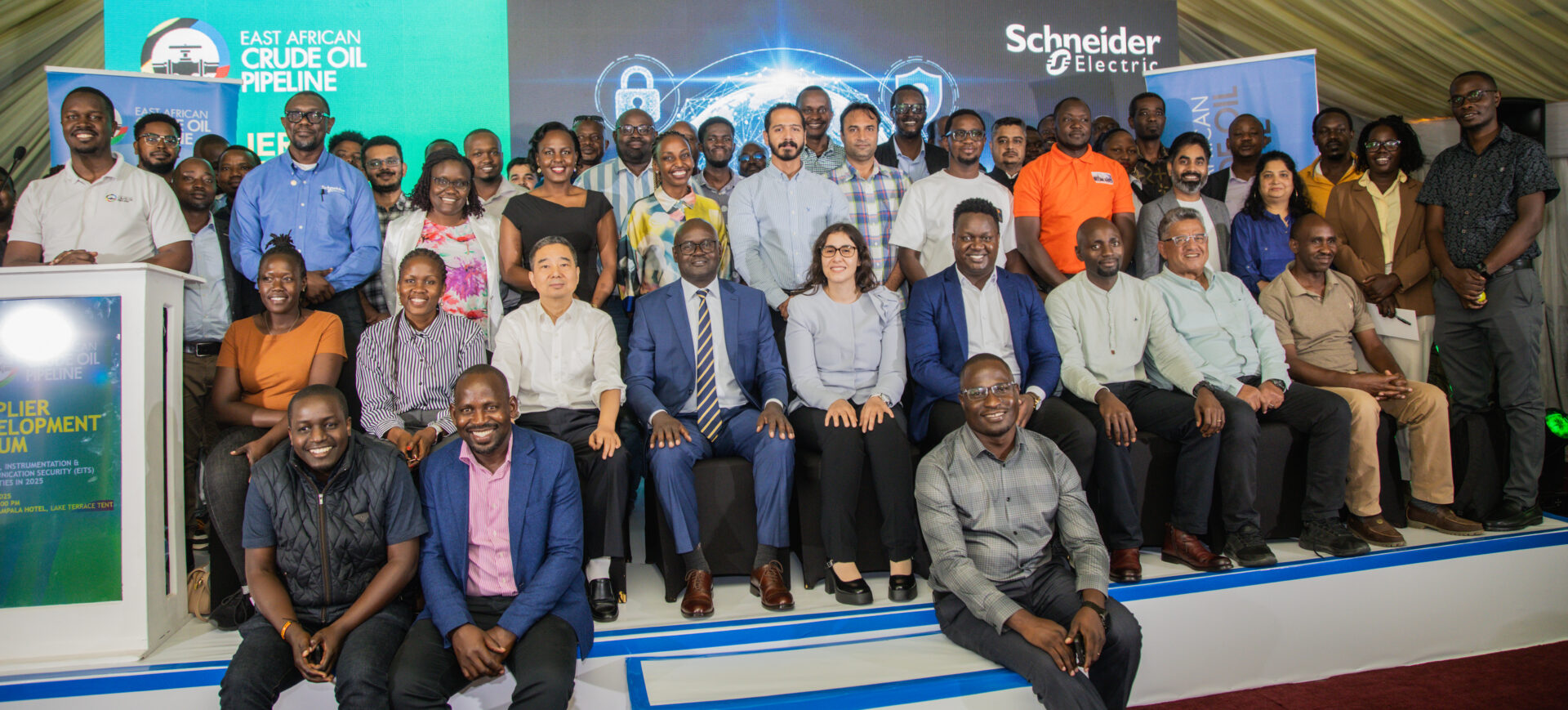Thursday 3rd December 2020, Kampala; The National Environment Management Authority (NEMA) has today, issued a certificate of approval to Total East Africa Midstream B.V, for the Environment and Social Impact Assessment (ESIA) for East African Crude Oil Pipeline (EACOP) Project. EACOP is a 1,443km crude oil export pipeline system that will transport Uganda’s crude oil from Kabaale – Hoima in Uganda to a maritime port facility on the Chongoleani peninsula near Tanga in Tanzania. This export system, (296km in Uganda and 1,147km in Tanzania), comprises a 24inch insulated buried pipeline, 6 Pumping stations (2 in Uganda and 4 in Tanzania) and a marine export terminal. This certificate of approval is specific to the Ugandan section of the project.
The approval for the Tanzanian section was issued on November 29, 2019. ESIAs are undertaken to identify and assess the potential environmental, social and health effects of a project and are aimed at identifying adequate measures to avoid and mitigate potential impacts as well as enhancing the project’s benefits. The ESIA studies for EACOP were conducted between 2017 and 2018 and covered extensive physical, biological and social baseline data collection as well as stakeholder engagement.
As required by the National Environment Act and in fulfilment of the Environmental Impact Assessment (EIA) regulations, the first EACOP project report was submitted to NEMA for review on January 15, 2019. The public, including representatives of Project Affected Communities were engaged to understand their concerns in regard to the project.
This process included 3 public hearings in partnership with the Petroleum Authority of Uganda (PAU) on October 21, 23 and 25; 2019, in the districts of Kakumiro, Mubende and Rakai. Stakeholder engagement meetings were also undertaken in the 10 pipeline districts crossed by the pipeline – of Hoima, Kikuube, Kyankwanzi, Kakumiro, Mubende, Gomba, Rakai, Lwengo, Kyotera, and Sembabule. Having addressed the Regulator’s comments that included issues that arose during the public engagements, EACOP/TEAM submitted the final Environment Impact Assessment Report on August 7, 2020.
NEMA Executive Director Dr. Tom Okurut remarked; “NEMA will monitor the project to ensure compliance with the Certificate’s conditions of approval. Monitoring is a continuous process and will be undertaken during construction, operation and decommissioning phases.
This we shall do to ensure that the health, safety and security of the communities, workers and the environment are all respected.” “This is a significant milestone for the East African Crude Oil Pipeline Project and is the result of several years of collaborative work with many specialists and stakeholders to reach this point” Martin Tiffen, General Manager, EACOP project said. The East African Crude Oil Pipeline project will yield substantial Foreign Direct Investment in Uganda and Tanzania during the construction phase.




